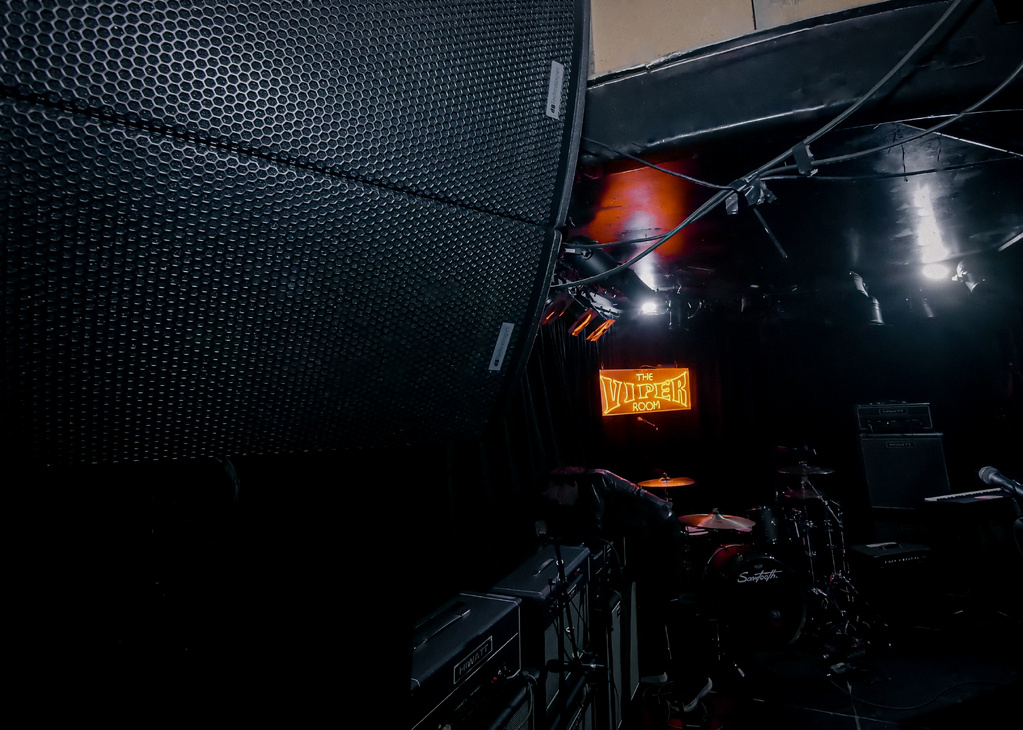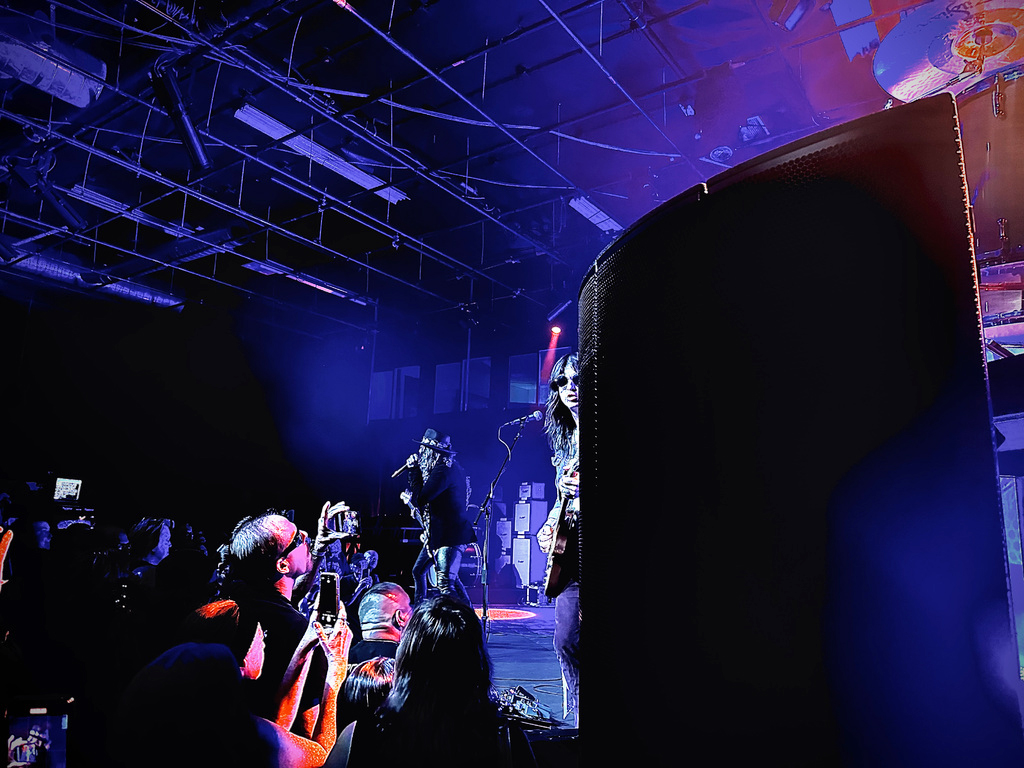The first time I fell into the trap I was new to live audio. The pastor’s wireless mic went out mid-service and I walked up to swap in a new battery. Talk about killing the mood of the service, not to mention distracting the pastor.
Since then, I’ve heard stories of pastors and even worship teams interrupted by the person in the sound booth.
Let’s take a look at how booth-to-stage communication should occur…
Once a church service starts, you and I need to do everything possible to keep the mood set. The mood is established by the topic of the sermon and the music the band plays.
Mixing, this might mean pushing different instruments or frequencies in the mix. As far as the service itself, it means stuff like avoiding feedback and hitting all the microphone cues.

A simple way to break the mood is to make our presence known. This could be through opening our mouth or walking up on stage at the wrong time.
The only reason we should feel any inclination to open our mouth or walk up on stage would be if:
1. Something stopped working like a microphone or a cable.
2. There has been a change like they need to use a different microphone.
This is not to say we should do any of those things.
Let’s look at the possible events which can happen…
1. The pastor’s microphone goes out. First off, you should have a backup plan in place. It should really be a wired microphone on the stage or another wireless.
The pastor will hear when his microphone goes out and he should know where to grab another microphone.
2. If a musician’s vocal mic or instrument feed goes out you have two basic options. First, if it’s a vocal mic, that spare on the stage will come in handy.
Second, if it’s an instrument, you have two options:
a. Move around to the back of the stage and swap cables between songs.
b. Do nothing.
c. Swap cables during a stage change. For example, if the issue occurs during the first of two musical sets, wait until the start of the second set to replace a cable. In most cases, the musician can swap the cable for you.
3. A change occurs and a person needs to grab a different microphone. Chances are that you’ll know this before they even walk on the stage.
Therefore, discretely let them know while they are still in the audience. Calmly and quietly walk up and kneel next to them and let them know. Or pass them a note. If they are on stage and look lost, the first place they will look is to you in the booth. Simply point to the mic they need to use.
My point is simple…you and I need to do everything possible to keep the mood set. As soon as we break it, we’ve failed at our job.
Maybe that day a person doesn’t come forward during an alter call because we killed the mood.
There is one caveat to all of this and that’s church size. In a small church, when a pastor’s mic goes out, most of the congregation can still hear him. In larger churches, that’s not the case.
But in any case, the solution is not yelling at them. The solution is having a process in place so they have a spare microphone already on the stage. They will hear the difference in the volume of the room, large or small, and they will do what needs to be done.
Remember, our successful days are those when people don’t know we are there.
How do you deal with unexpected surprising while maintaining your cool? Let me know in the comments below!




















